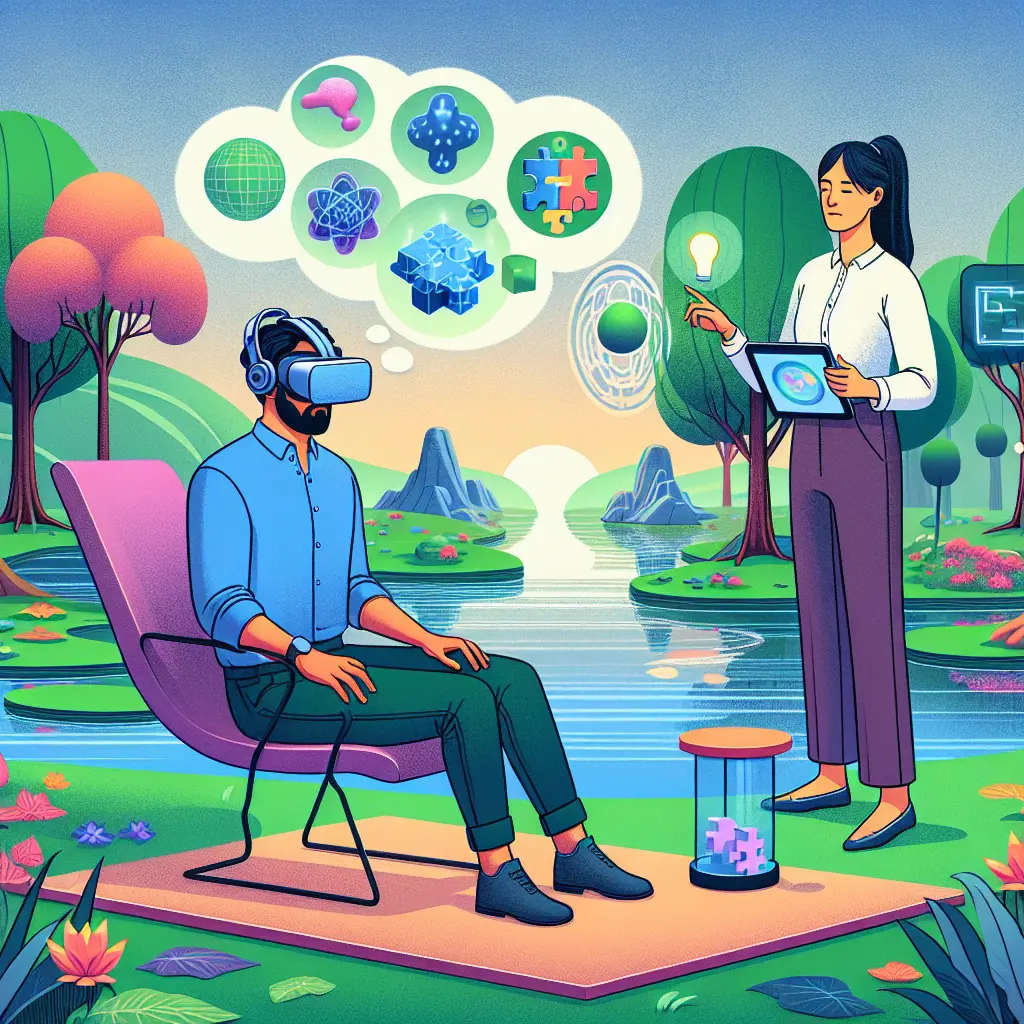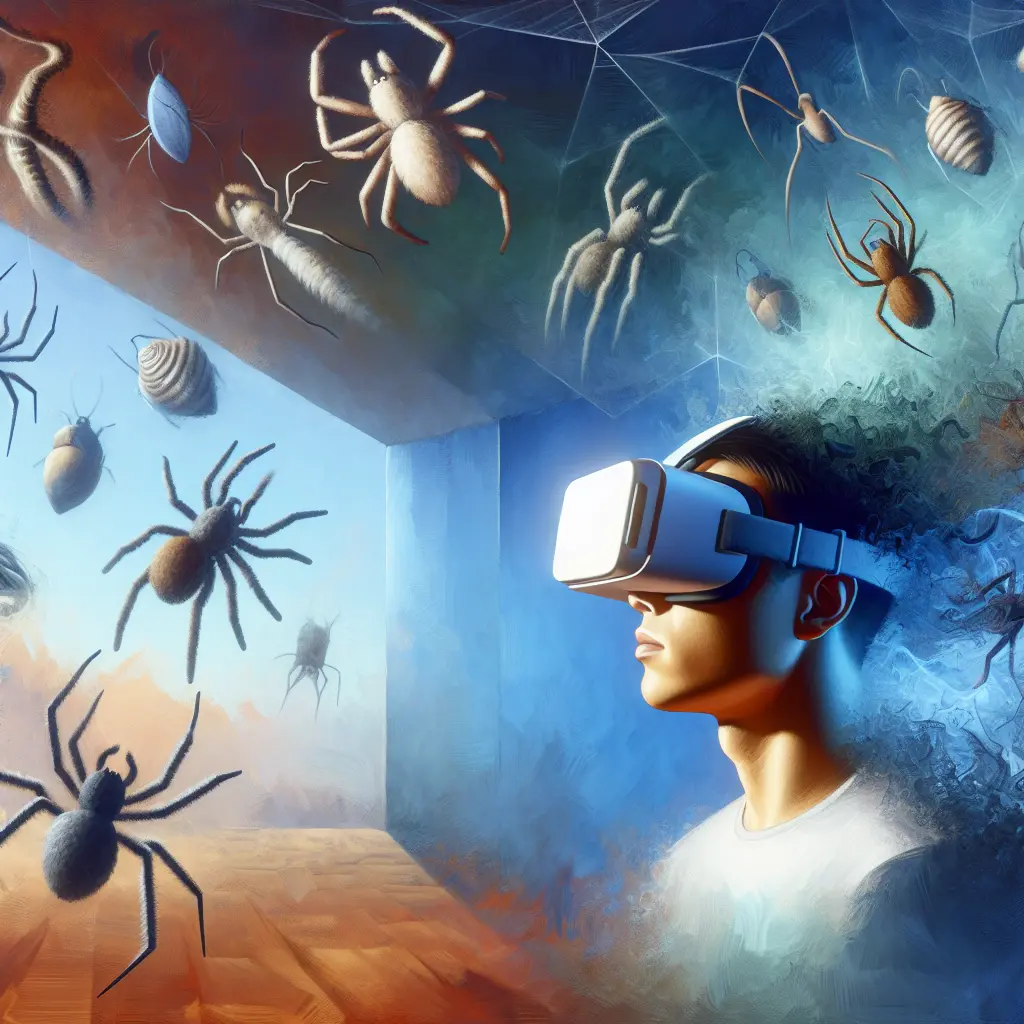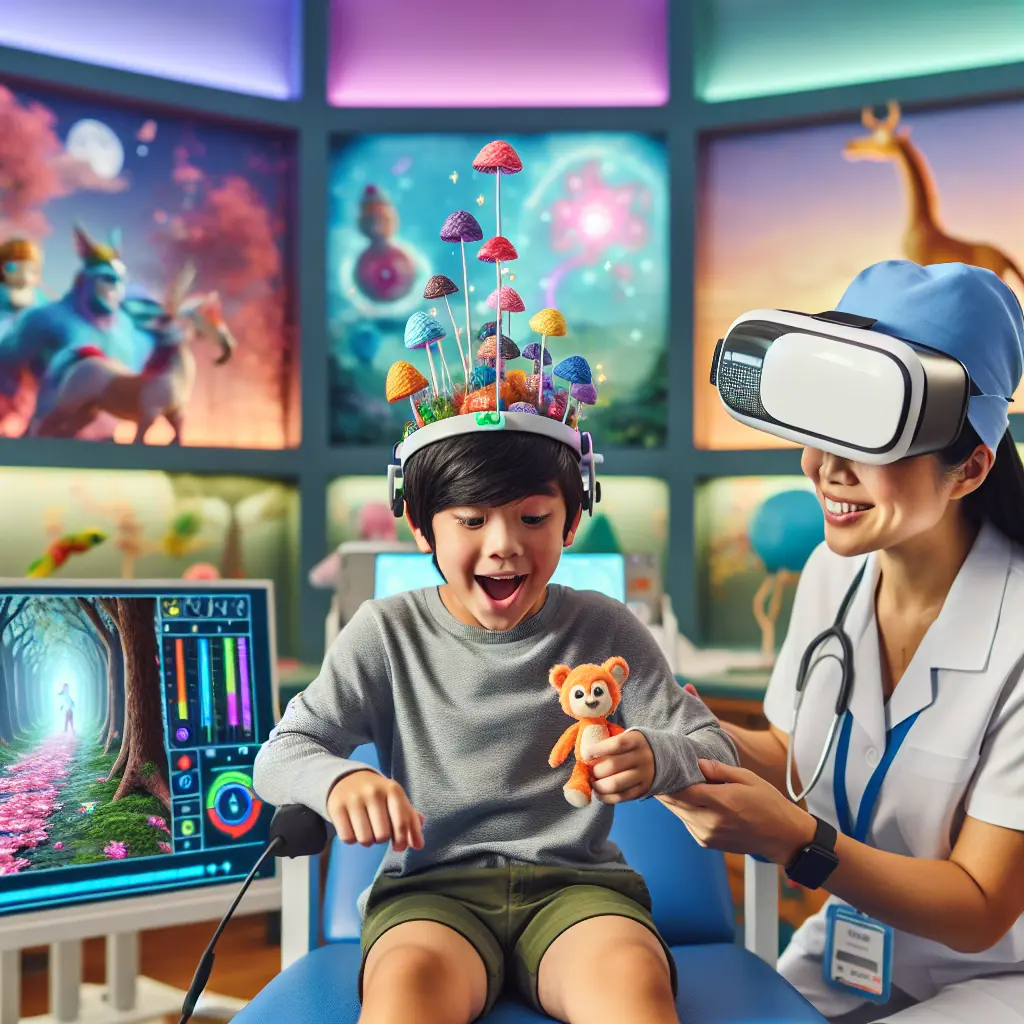In recent years, virtual reality therapy has emerged as a groundbreaking tool in the field of healthcare, particularly in cognitive rehabilitation. Harnessing the power of immersive technology, VR therapy offers transformative benefits that extend beyond traditional rehabilitation methods. As digital therapy tools become more sophisticated, their application in enhancing brain function and mental health treatment is garnering significant attention from medical professionals and tech enthusiasts alike. Virtual reality in healthcare is proving to be a catalyst for innovation, offering advanced rehabilitation technology that is both engaging and effective.
VR cognitive therapy is especially promising for brain injury recovery, providing patients with tailored cognitive exercises that promote neurorehabilitation. These immersive therapy solutions offer a controlled environment where patients can safely practice skills and improve their cognitive abilities. The innovative nature of VR rehabilitation programs allows for personalized experiences that adapt to the specific needs of each individual, making technology in rehabilitation not only accessible but also highly effective.
Ongoing virtual reality therapy research continues to shed light on the potential of VR in mental health treatment and cognitive enhancement. As VR therapy techniques evolve, they offer new hope for individuals seeking cognitive rehabilitation and brain function improvement. This seamless integration of tech in cognitive therapy is transforming how we approach mental health and cognitive challenges, making virtual reality cognitive exercises a cornerstone of modern rehabilitation practices.
As we delve deeper into the world of VR neurorehabilitation, it becomes clear that this advanced technology is not just a tool but a revolutionary approach to improving lives.
Virtual Reality Therapy for Boosting Cognitive Rehabilitation
The Power of Immersive Environments
One of the most compelling aspects of virtual reality (VR) cognitive therapy is its ability to create immersive environments that replicate real-life scenarios. These environments enable patients to engage in activities that enhance brain function while providing a safe space for practicing and honing skills. Recent research published in the Journal of Neurorehabilitation and Neural Repair highlights how VR therapy benefits patients by simulating everyday tasks, such as shopping or cooking, thus promoting cognitive enhancement through repetition and real-world application source.
Customization is at the heart of VR rehabilitation programs. Unlike conventional methods, virtual reality therapy allows for highly personalized experiences tailored to the individual's specific cognitive deficits and recovery goals. For instance, a study from Stanford University demonstrated how VR neurorehabilitation programs adapt in real-time to a patient's progress, offering targeted exercises that evolve as the patient improves source. This adaptability ensures that patients are constantly challenged, which is crucial for maximizing recovery potential.
Innovative rehabilitation methods using VR therapy techniques are gaining traction due to their effectiveness. Techniques such as VR-based cognitive exercises are designed to stimulate various parts of the brain. For example, gamified tasks that require memory, attention, and problem-solving skills can significantly aid in cognitive rehabilitation. A 2024 study by the American Journal of Psychiatry indicates that VR in mental health treatment not only helps in cognitive enhancement but also aids in managing conditions like anxiety and depression by providing a controlled exposure environment source.
To understand the full scope of technology in rehabilitation, we can look at specific case studies where virtual reality has been a game-changer. One such example is the use of VR for brain injury recovery at the Mayo Clinic. Here, VR therapy was integrated into their rehabilitation program for traumatic brain injury (TBI) patients, resulting in improved cognitive functions and quicker recovery times compared to traditional therapies source.
Challenges and Opportunities
Despite its promising prospects, VR cognitive therapy is not without challenges. Accessibility remains a concern, as high-quality VR systems can be costly. Moreover, integrating VR into existing healthcare frameworks requires training for professionals and adjustments in treatment protocols. However, these challenges also present opportunities for innovation. Companies like Oculus and HTC are actively working on creating more affordable and user-friendly VR solutions tailored for healthcare settings source.
As ongoing virtual reality therapy research continues to explore new frontiers, several exciting developments are on the horizon. One area of focus is the integration of AI with VR to create more intuitive and responsive digital therapy tools. By leveraging AI, future VR therapy platforms could offer even more precise cognitive exercises, adapting not only to immediate user feedback but also predicting long-term needs based on data analytics.
Moreover, the potential of VR as a tool for remote rehabilitation is gaining attention. With advancements in internet connectivity and wearable technology, patients could engage in immersive therapy solutions from their homes, reducing the need for frequent hospital visits and making cognitive rehabilitation more accessible globally.
Have you or someone you know experienced virtual reality therapy? How do you think technology in rehabilitation could further evolve to meet patient needs? Share your thoughts or experiences in the comments below!
In conclusion, while this section stops short of summarizing our exploration into virtual reality therapy, it underscores a pivotal transformation within cognitive rehabilitation. By harnessing advanced rehabilitation technology, VR therapy not only bridges gaps left by traditional methods but paves the way for an era where digital tools are central to mental health and cognitive treatment strategies.










Leave a Comment